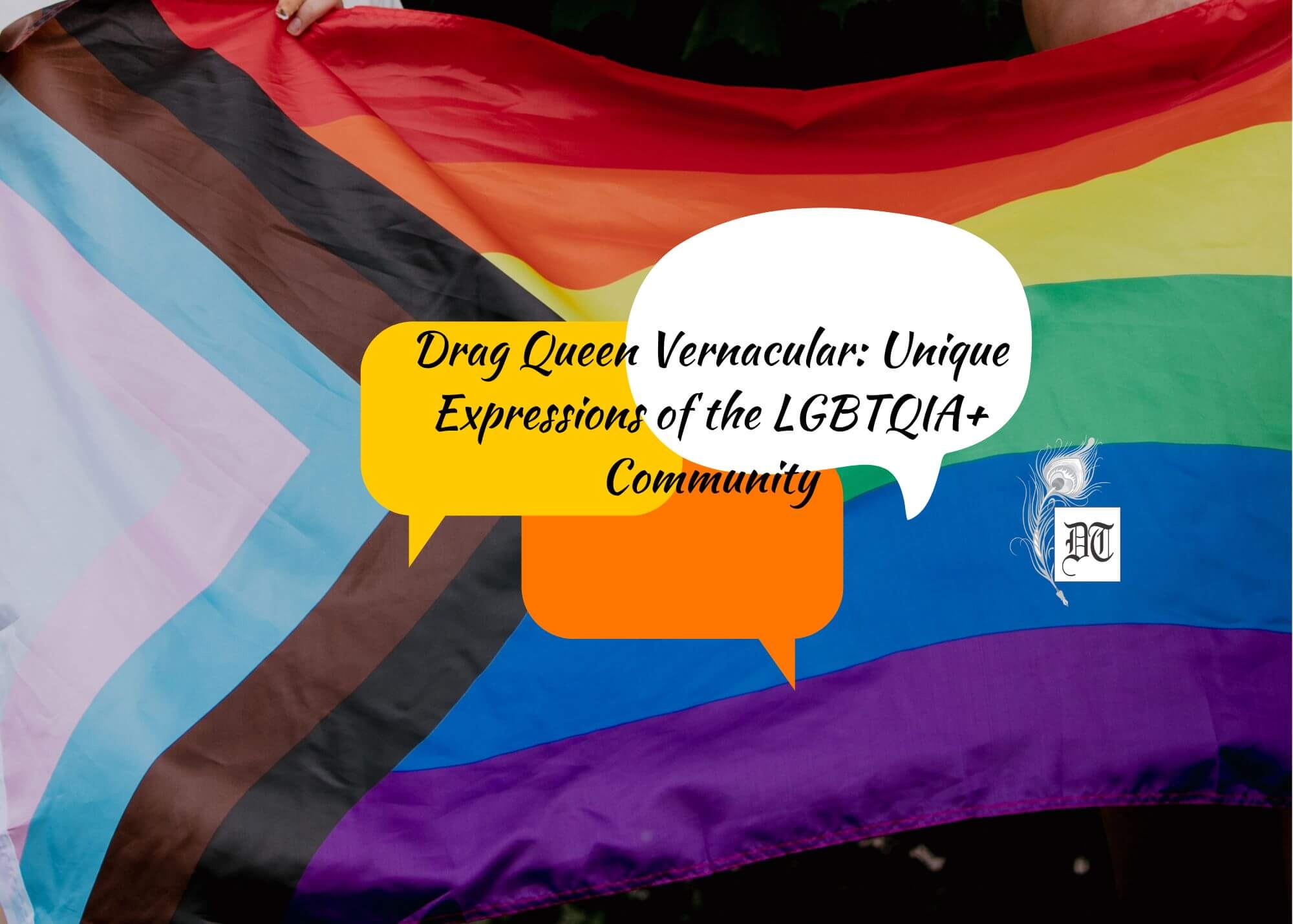Swati traces the origin of the Yoruba nation lost in obscurity – exclusively for Different Truths.
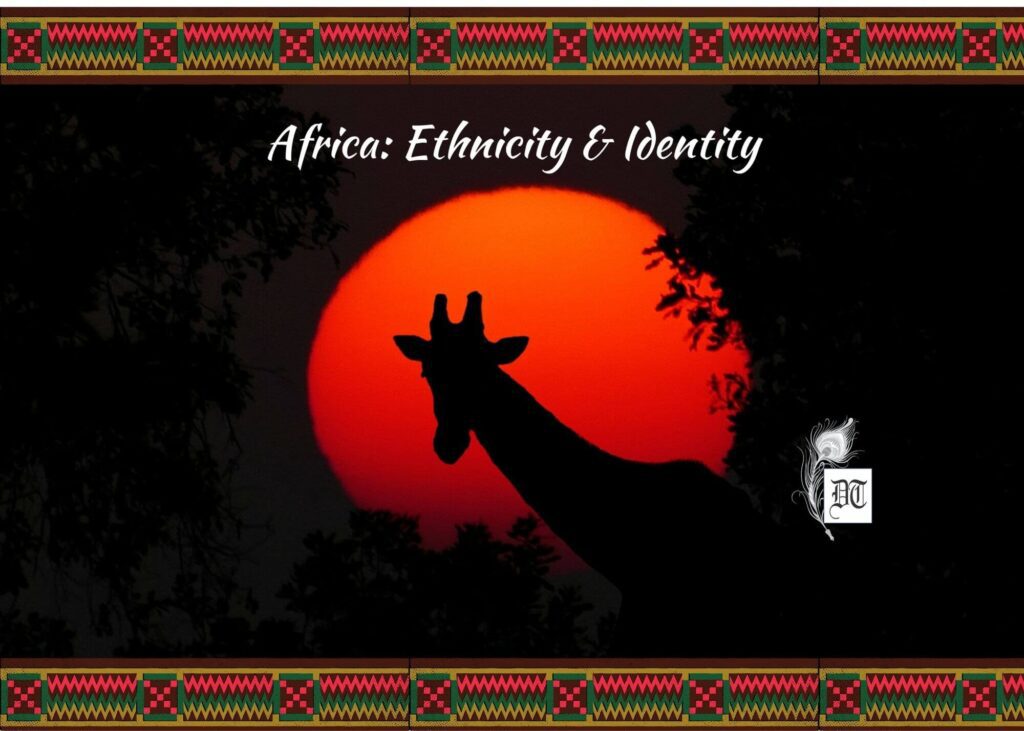
Odò tó ńṣàn kì í b’ojú w’ẹ̀hìn
“A flowing stream never flows backwards.” ~ A famous Yoruba proverb.
According to Samuel Johnson (1846- 1901), in his book “The History of the Yorubas: From the Earliest Times to the Beginning”, the origin of the Yoruba nation is involved in obscurity. Like the early history of most countries, the commonly received accounts are, for the most part, purely legendary. The people are unlettered, and the language is unwritten. All that is known is from traditions carefully handed down.
The Yorubas are said to have sprung from king Lamurudu whose offspring was — Oduduwa, the ancestor of the Yorubas. At what period Lamurudu reigned is unknown, but he was assumed to be killed in the Civil war. His son Oduduwa finally settled down at Ile Ife, one of Africa’s earliest known powerful kingdoms. Oduduwa created a dynasty there, and sons and daughters of this dynasty became rulers of many other kingdoms in Yorubaland.
According to another legend of Yoruba religion, the Supreme God ordered ‘Obatala’ to create the earth, but on his way, he found palm wine which he drank and became intoxicated. Therefore, the younger brother of the latter, ‘Oduduwa’, took the three items of creation from him, climbed down from the heavens on a chain, threw a handful of earth on the primordial ocean, then put a cockerel on it so that it would scatter the earth, thus creating the land on which Ile Ife would be built. Oduduwa planted a palm nut in a hole in the newly formed land and from there sprang a great tree with sixteen branches, a symbolic representation of the clans of the early Ife city-state.
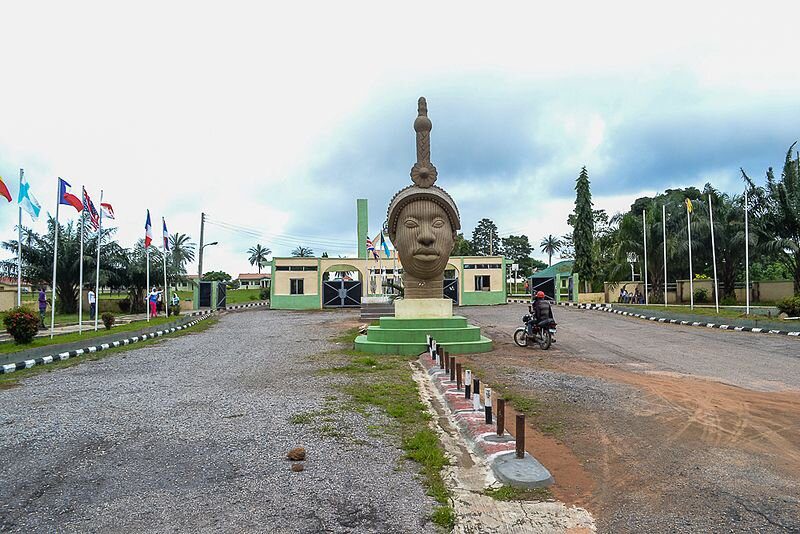
This everlasting conflict between Obatala and Oduduwa is still re-enacted in the modern era by the cult groups of the two clans during the ‘Itapa’ New Year festival. Because he created the world, Oduduwa became the ancestor of the first divine king of the Yoruba. At the same time, Obatala is believed to have created the first Yoruba people out of clay. The meaning of the word “Ife” in Yoruba is “expansion”; “Ile-Ife” is therefore about the myth of origin as “The Land of Expansion” (the word, Ile, as pronounced in modern Yoruba language, means house or home, which could make the name of the town mean “The House of Expansion”).
Ife continues to be seen as the “Spiritual Homeland” of the Yorubas. The city is in present-day Osun State. It is famous worldwide for its ancient and naturalistic bronze, stone and terracotta sculptures, dating back to between 1200 and 1400 CE.
In our next article, we will explore more of this exciting folklore, the legends and Yoruba culture.
Bí abá so òkò sójà ará ilé eni ní bá(He who throws a stone in the market will hit his relative).
The right to the throne is hereditary but exclusively in the male line or the male issue of the King’s daughters.
Photos sourced by the author.

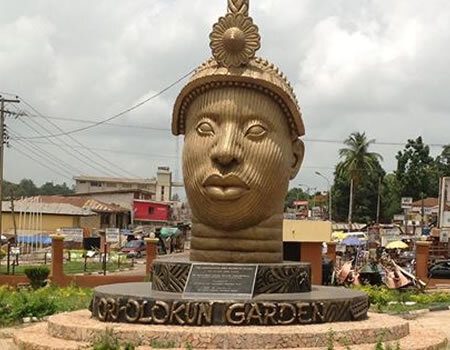
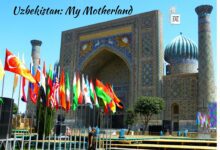
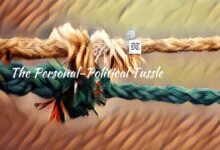
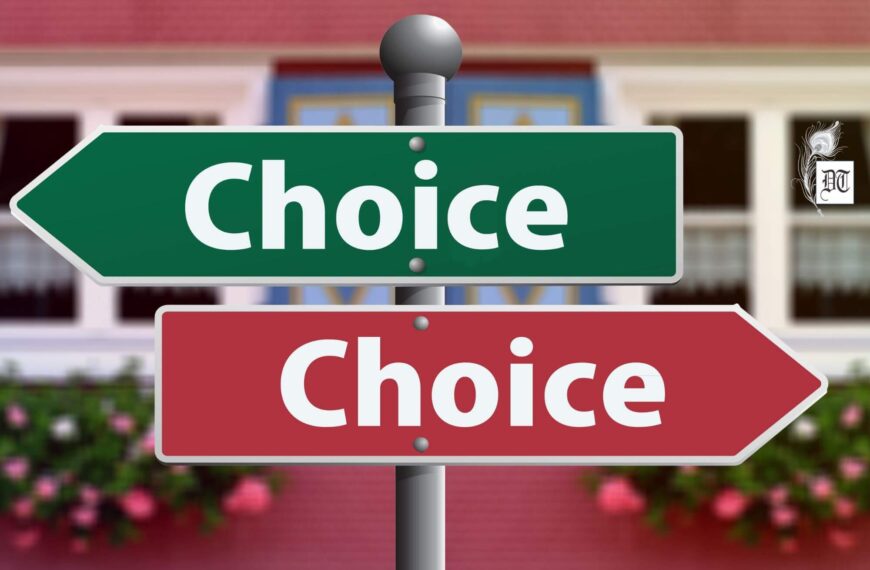
 By
By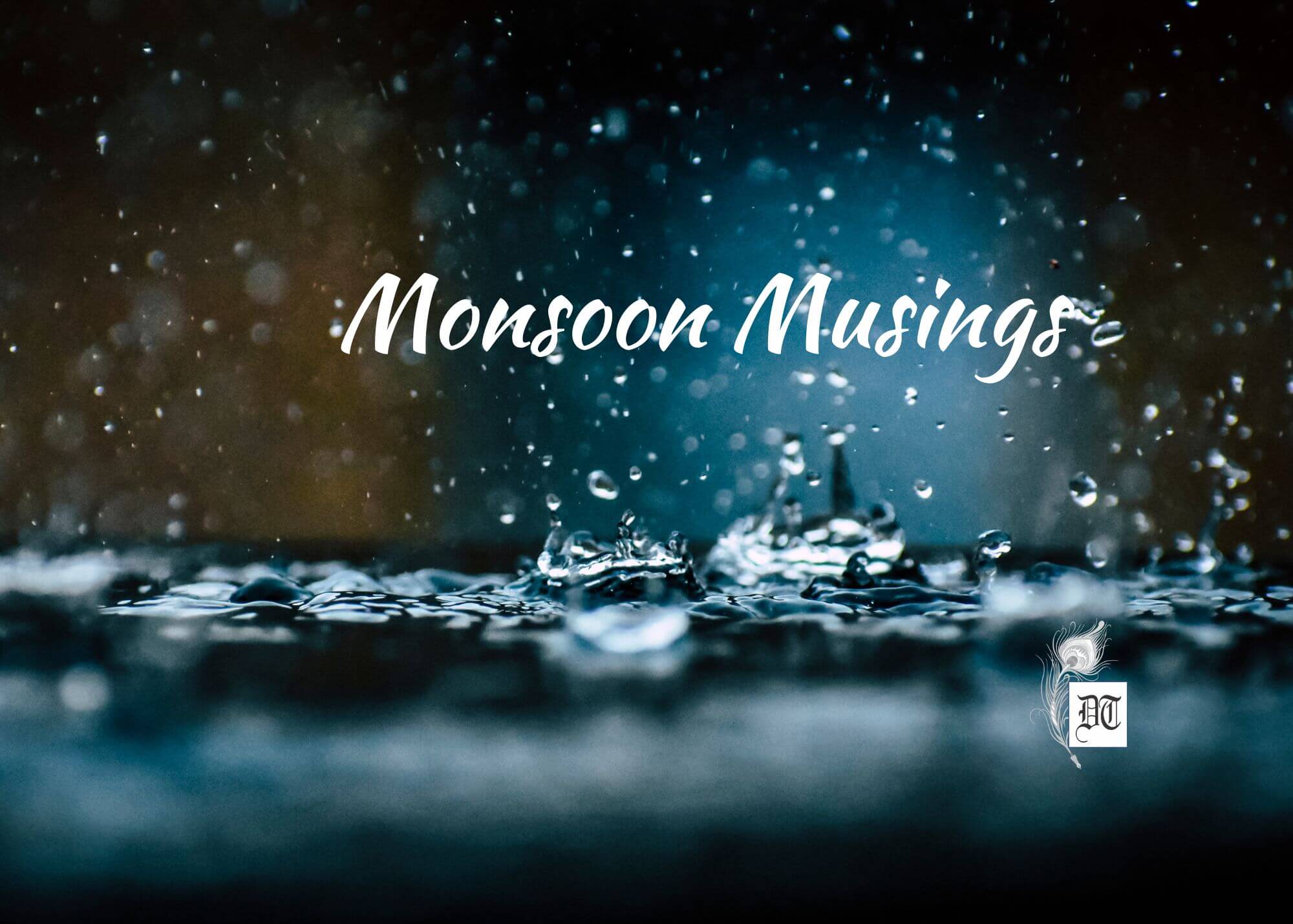
 By
By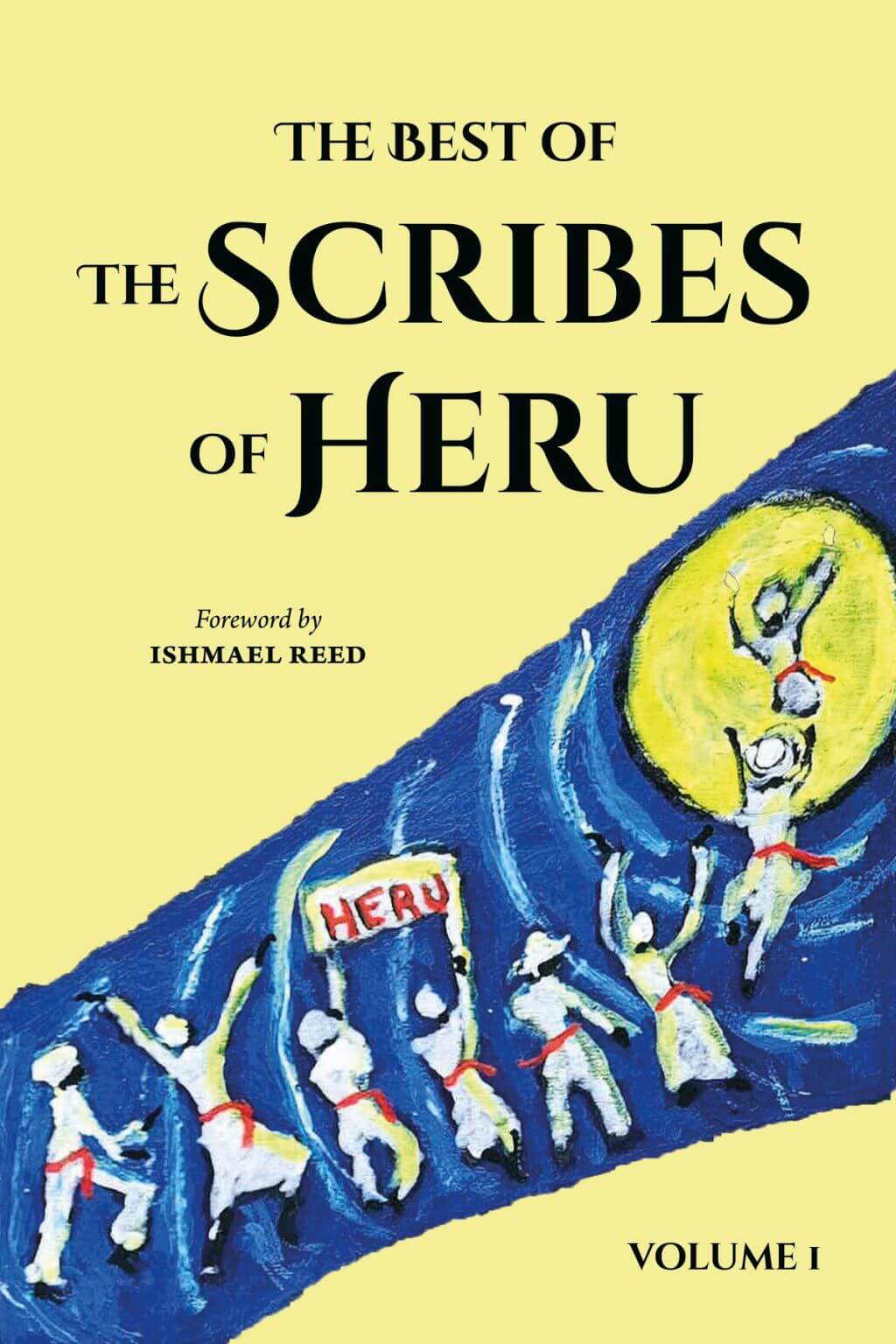
 By
By